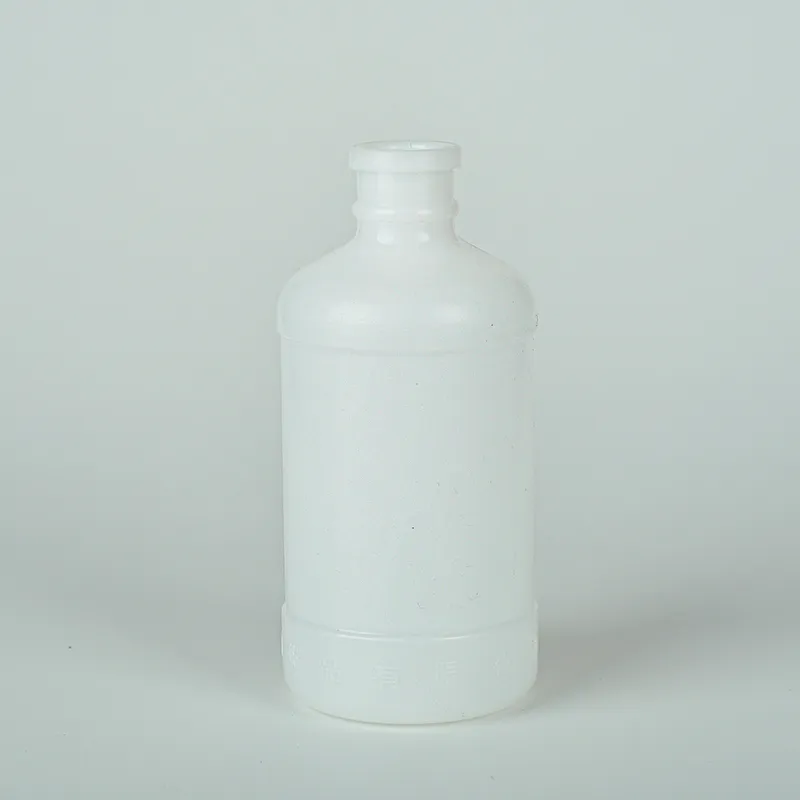vial of sterile water
The Importance of Sterile Water in Medical Applications
Sterile water is an essential component in various medical and pharmaceutical settings. One common form of sterile water used in healthcare is found in vials, which offers a controlled, contamination-free liquid for numerous applications. The significance of sterile water cannot be understated, as it plays a crucial role in maintaining patient safety, facilitating medical procedures, and ensuring the effectiveness of medications.
What is Sterile Water?
Sterile water is water that has been treated to remove all microorganisms, including bacteria, viruses, and fungi. This sterilization process is critical in preventing infections and maintaining a safe environment, particularly in clinical settings. Water can be sterilized through various methods, including autoclaving, filtration, and chemical treatment. A vial of sterile water typically contains purified water that has been sealed to prevent any environmental contamination.
Applications in Medicine
The applications of sterile water in medicine are vast. One of the primary uses is as a diluent for medications. Many drugs, especially those delivered via injection, require a sterile solvent to ensure that they are safe for administration. For example, powdered medications often need to be reconstituted with sterile water to achieve the desired concentration and ensure a safe injection. This process is particularly common for vaccines and biologics.
In addition to serving as a diluent, sterile water is also used to rinse and clean medical equipment. Surgical instruments, catheters, and other medical devices must be free of contaminants before use to minimize the risk of introducing infections into a patient’s body. Sterile water facilitates cleaning processes, ensuring instruments are safe for surgical procedures or interventions.
vial of sterile water

Moreover, sterile water is frequently used in wound care. It can be utilized to cleanse wounds or injuries, helping to remove debris while reducing the risk of introducing harmful pathogens. This cleaning step is vital because it promotes optimal healing conditions and significantly lowers the chance of infections.
Importance in Clinical Settings
The necessity for sterile water in healthcare extends beyond direct patient care. In laboratory settings, sterile water is used to prepare cultures and other solutions that require a contamination-free environment. This is especially important in microbiological studies, where even a slight contamination can lead to erroneous results and ineffective treatments.
Healthcare professionals must be meticulous about the use of sterile water. The chances of infection during procedures can be amplified by using non-sterile water, which might carry bacteria or other pathogens. As a result, healthcare settings often have strict protocols ensuring that only sterile water, such as that found in vials, is utilized for patient care and equipment maintenance.
Conclusion
In summary, a vial of sterile water is an invaluable asset in the medical field, with applications that stretch across various areas of healthcare. Its role as a diluent for medications, a cleaning agent for medical instruments, and an essential element in wound care emphasizes the necessity of maintaining sterile conditions. As healthcare professionals continue to prioritize patient safety and effective treatment methodologies, the need for sterile water will remain a critical component of everyday medical practice. Ensuring that this vital resource is readily available and used correctly can significantly impact patient outcomes, making it an indispensable aspect of modern medicine.
-
Aesthetic Makeup Spray Bottles | Fine Mist Empty RefillableNewsAug.19,2025
-
White Plastic Veterinary Vaccine Vials | Lab Liquid BottlesNewsAug.18,2025
-
Plastic Medicine Liquid Bottle: Secure Flip Top Drug VialsNewsAug.17,2025
-
Durable 250ml Blue Plastic Vaccine Vial for Lab & Vet UseNewsAug.16,2025
-
Sterile Virus Sample Tubes: Secure & Reliable Specimen CollectionNewsAug.15,2025
-
White 250ml Plastic Vaccine Vial for Lab & Vet MedicineNewsAug.14,2025
























